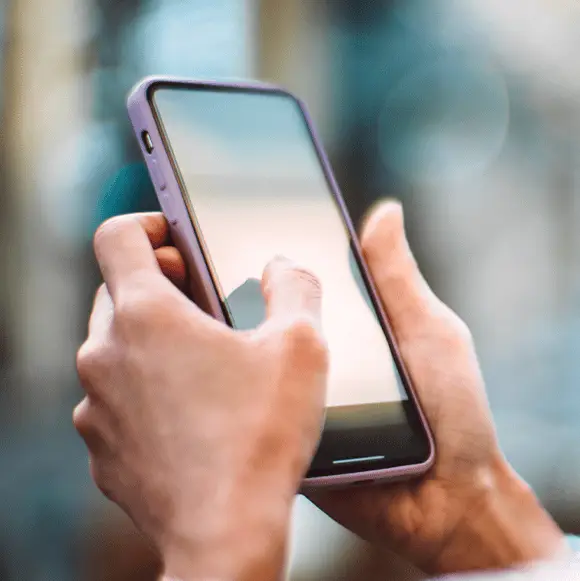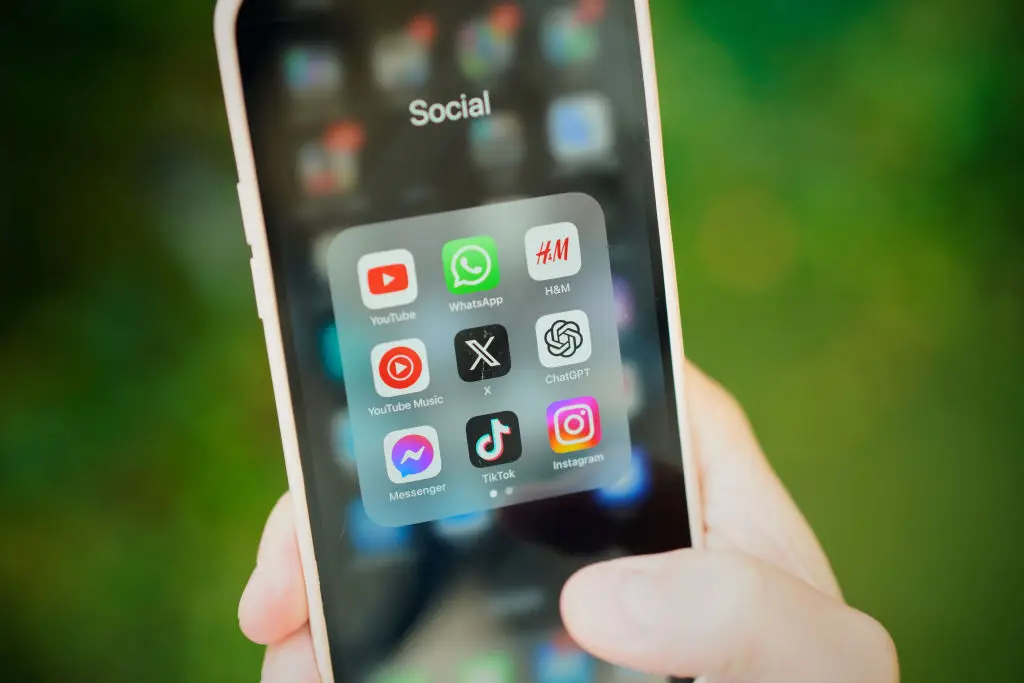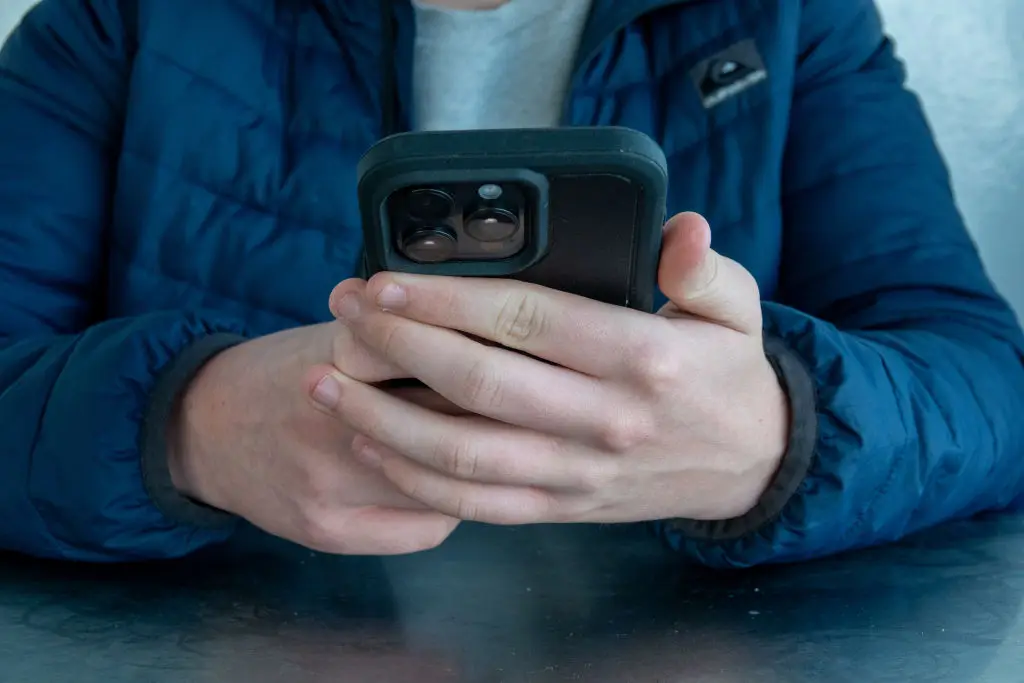
While it might seem counterintuitive, Apple has warned against swiping away your iPhone apps to close them, as it could actually be harming your battery life.
There's seemingly a million different things that you can do to improve your iPhone's battery life, including key settings, simple adjustments, and handy tricks.
You can even use your phone after it's died with a particularly handy trick if you're stuck out and need to get home, but the ideal situation will leave you with as much battery in your phone at all times.
Surprisingly, one factor that is key to this is not swiping away any apps that you current have 'active' in your history, as Apple advises that these aren't actually draining your battery and closing them can do the opposite effect.
Advert

Apple themselves explain that the apps "aren't open, but they're in standby mode to help navigate and multitask," and gadget expert John Gruber details on his blog Daring Fireball that "unfreezing a frozen app takes up way less CPU (and energy) than relaunching an app that had been force quit."
Perhaps a good way to think about it is as if you were driving a car - where getting moving again is much quicker if you've only put the hand brake on compared to if you'd turned the engine off, got out the car, and locked the doors.
Sometimes you will need to force quit apps if they're playing up, but Gruber asserts that iOS devices are "really, really good" at limiting the power used by suspended apps, effectively 'freezing' them before you jump back in.
One thing you might want to consider is that some apps will circumvent this general rule depending on the permissions that you have enabled and allowed.
This is particularly the case for applications that take advantage of location data, as they'll often continue tracking and using their full power functions even when you're not currently using them.

This can majorly drain your battery life, and while you could 'simply' disable the location permissions once you're not actively using it, that would be a pain to reenable every time you go back in.
It might, then, be a good idea and go into the permissions of your most used apps and take note of any that utilize location services, as you'll want to make a mental note to swipe only them away once you stop using them.
You'll still want to consider how quickly you'll be jumping back into each app after closing it though, as if it'll only be a couple of minutes then, like Gruber explains, you'll be using far more battery life in re-opening it from scratch than you would having location services running for that time.
